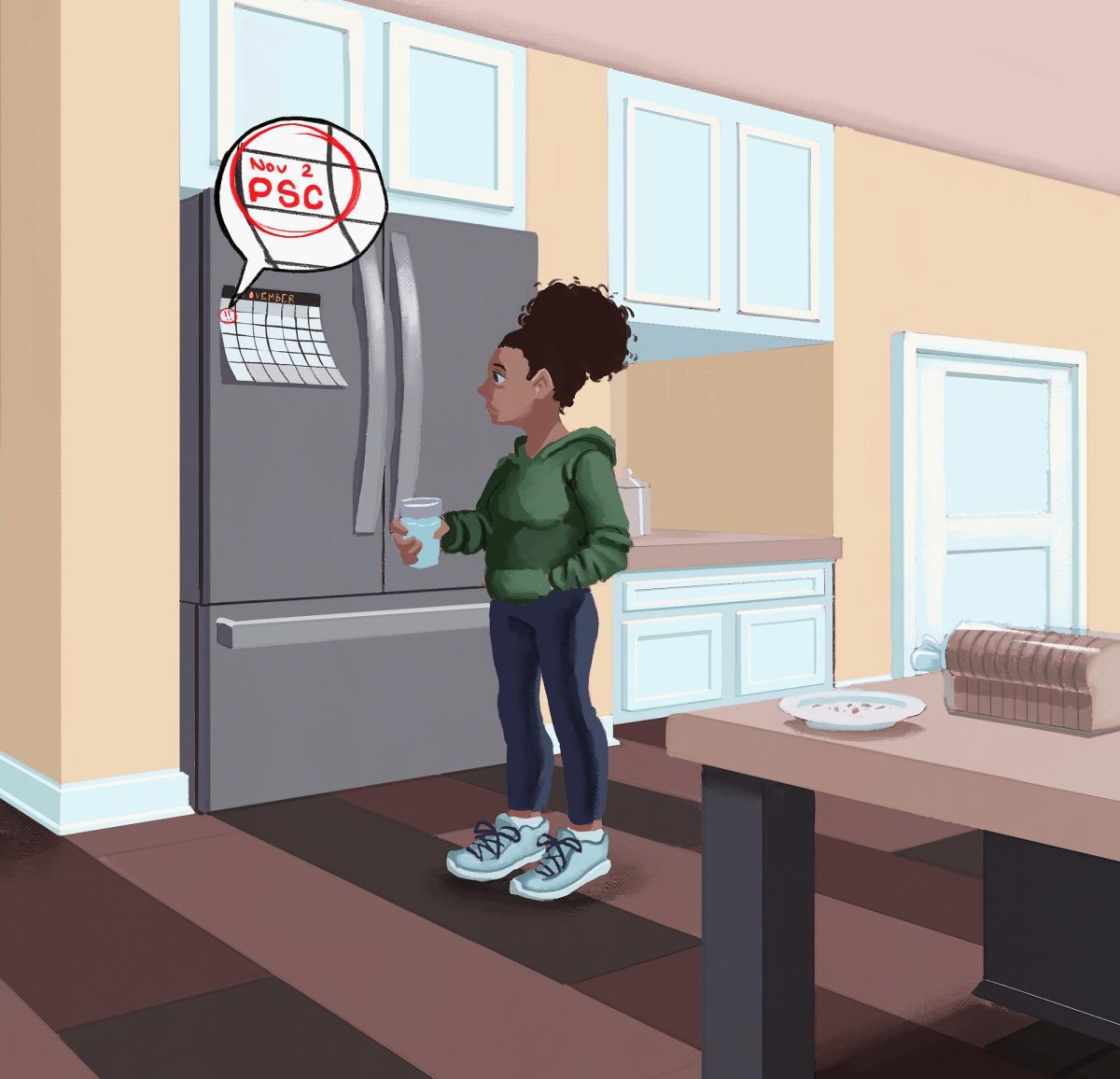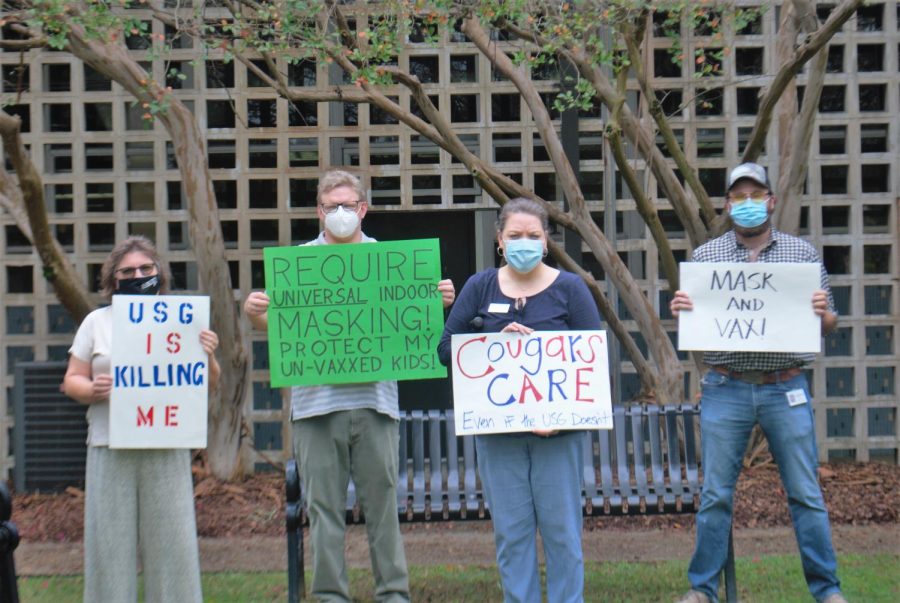If you live in Columbus, you probably know someone who smokes weed. That person might be a friend or a relative or anyone, really. Perhaps you aren’t aware of their use, but that doesn’t change that you know them. For those of you who already have a person in mind, does he or she fit your definition of a criminal?
It’s possible that if this person is found in possession of marijuana, the cost may be up to a thousand dollars along with jail time—all for less than an ounce.
With other states legalizing recreational use and many considering decriminalizing pot for its medical potential, smoking a blunt no longer seems deserving of the legal consequences. Georgia isn’t anywhere close to legalization, but there is a greater effort being made to decriminalize weed. Part of that decriminalization is broadening the scope of diseases that qualify for medical marijuana. The other part is cutting the cost of getting caught. Here’s what Georgia lawmakers have been fired up about lately.
Last March, the Georgia House of Representatives voted to add six diseases onto the list of conditions considered eligible for treatment via cannabis oil—a concentrated type of medical marijuana with psychoactive ingredients removed. Those diseases were autism, Tourette’s syndrome, Alzheimer’s disease, epidermolysis bullosa, AIDS and peripheral neuropathy. Legislation to make pot more available as a medical option has been on the fast track lately, as medical marijuana was only legalized in Georgia just two years ago through the Haleigh’s Hope Act.

The parents of Haleigh Cox, a child suffering from Lennox-Gastaut syndrome, hoped cannabis oil would reduce the hundreds of seizures their daughter endured daily. Advocates for expansion share the same hope that their loved ones will have more options for treatment of severe diseases. Currently, the eight qualifying diseases are: cancer, ALS, seizure disorders, multiple sclerosis, Crohn’s disease, mitochondrial disease, Parkinson’s disease, and sickle cell disease.
Ordinance 17-O-1152 was proposed to the Atlanta City Council in April. Instead of crippling fines and criminal charges, possession of an ounce or less would have resulted in a $75 citation. However, with Atlanta’s highways apparently crumbling under the weight of the apocalypse, council members had little energy to spare on this ordinance. It was sent back to the Public Safety Committee, its fate hinging on future discussion.
Other states have similar citations in place, reducing the number of people serving time in prison for possession of marijuana. In Georgia, drug-related charges are accountable for over half of our prison population, which ranks as the fifth largest in the country (per a fact sheet compiled by the Georgia Center for Opportunity). Who benefits from that? Not our youth. Changing criminal charges to a citation will reduce the number of people entering a criminal justice system they otherwise would never be a part of.
Atlanta wasn’t the only city considering a shift to citations. Clarkston, GA already voted into place the same law so that no one’s life would be ruined over criminal charges. It doesn’t change that marijuana is illegal nor does it encourage smoking, but, ideally, it does keep people from losing their jobs over a minor mistake.
Let’s face it, with marijuana now normalized in American culture, it’s unlikely that usage will decline. Even if Georgia never legalizes weed outright, cities can establish laws in the interest of keeping their citizens out of prison. Clarkston’s ordinance was a local decision. It’s the same kind of decision that Columbus can make.













